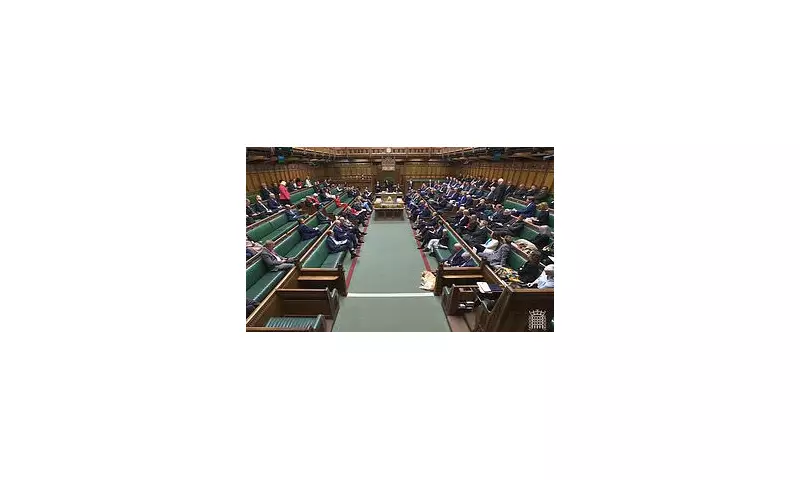
Sir Keir Starmer is facing mounting pressure from within his own party as Labour MPs openly rebel against rumours of Peter Mandelson being offered a top diplomatic post. The potential appointment has sparked fury among backbenchers who view the former minister as a divisive figure.
Commons Confrontation
During a heated session in the House of Commons, Labour backbencher Lloyd Russell-Moyle launched a scathing attack on the speculation, branding the idea of Lord Mandelson returning to government circles as "deeply inappropriate." The Brighton MP didn't mince words, highlighting Mandelson's controversial past and questioning his suitability for any official role.
Mandelson's Checkered History
The former Business Secretary's career has been marred by several high-profile resignations from government. Most notably, Mandelson was forced to step down twice from Tony Blair's cabinet - first over a secret home loan scandal and later amid allegations of helping a wealthy businessman secure a passport.
Russell-Moyle emphasised these controversies, stating: "This is somebody who had to leave government twice because of impropriety. I think it would be deeply inappropriate for him to have any role whatsoever."
Starmer's Diplomatic Dilemma
The Labour leader now finds himself caught between establishing experienced government-ready teams and appeasing angry backbenchers. Mandelson, who recently attended Starmer's Labour conference party, represents the Blairite wing of the party that some newer MPs are keen to distance themselves from.
Russell-Moyle's intervention in the Commons underscores the growing tension within Labour ranks as the party prepares for potential government. The MP warned that such appointments could damage public trust in politics, suggesting Mandelson should remain "on the backbenches where he can do no more damage."
Broader Implications
This internal conflict highlights the ongoing power struggle within Labour between the old guard and newer members. How Starmer handles this rebellion could set the tone for his leadership style and his ability to manage party discipline if he enters Number 10.
The Foreign Office has remained tight-lipped about any potential appointment, but the very suggestion has exposed deep fractures within Labour's parliamentary party that Starmer must now navigate carefully.






